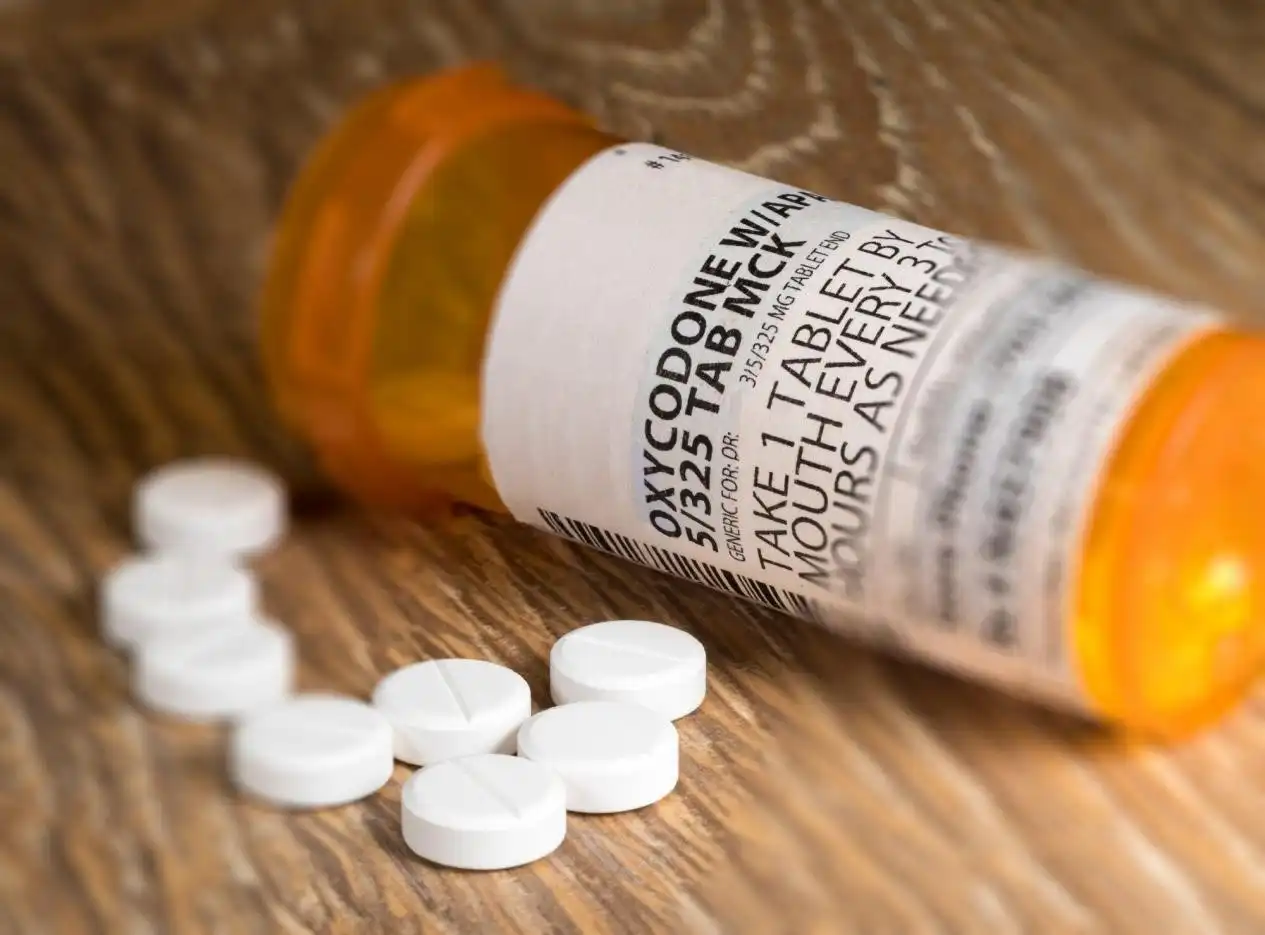In recent years, the misuse and abuse of prescription opioids have become a major public health issue. One such medication is oxycodone, which is commonly prescribed for pain management. However, when combined with alcohol, the effects can be highly hazardous.
Read below to understand the dangers of mixing oxycodone and alcohol. Know why it is essential to avoid this combination for your well-being.
Risk and Consequences
Mixing oxycodone and alcohol can lead to severe consequences. Both substances are central nervous system (CNS) depressants. It means they slow down brain activity. When taken together, the effects of each substance are intensified. This results in:
Increased Risk of Overdose
Taking oxycodone and alcohol together can increase the risk of overdose. Both substances slow down breathing and heart rate. When combined, they can cause these vital functions to slow down to a dangerous level. This results in respiratory depression or cardiac arrest.
Impaired Cognitive Functioning
Alcohol is known to impair cognitive functioning, leading to poor decision-making skills. When taken with oxycodone, the effects are heightened. This makes it even more challenging to think clearly and make rational decisions. This can be especially dangerous when driving or operating heavy machinery.
Liver Damage
Both oxycodone and alcohol are processed in the liver. When taken together, they put a strain on this organ, increasing the risk of liver damage or failure. This can lead to serious health complications and even death.
Increased Side Effects
Oxycodone and alcohol both have their own set of side effects, such as dizziness, drowsiness, nausea, and vomiting. These side effects can intensify when combined, making the individual feel more ill or uncomfortable.
Dependency and Addiction
The combination of oxycodone and alcohol can lead to physical dependence and addiction. Addictive drugs like oxycodone change the brain’s chemical makeup. This makes it difficult to stop using them. Adding alcohol to the mix can further increase the risk of addiction, creating a dangerous cycle.
Avoiding Complications
The harmful impacts of combining oxycodone and alcohol are clear and severe. Understanding these risks is a crucial first step toward avoiding complications. Some strategies that can help include:
Avoiding Alcohol Consumption
If you are prescribed oxycodone, avoid consuming alcohol altogether. Even small amounts of alcohol can increase the risks significantly.
Proper Medication Use
Follow your doctor’s instructions for taking oxycodone. Do not exceed the recommended dosage. Do not mix it with any other substances without consulting a healthcare professional first. Preventing overdose and other complications starts with proper medication use.
Seek Support
If you or someone you know struggles, seek help from a healthcare professional. They can provide resources and support to overcome addiction. They can prevent harmful interactions between oxycodone and alcohol.
The Role of Awareness and Education
Raising awareness about the dangers of mixing oxycodone and alcohol is vital. Education programs can emphasize the risks. Providing clear guidance on safe medication use can make a significant difference.
Public health campaigns and community outreach initiatives are crucial in this effort. We can prevent tragedies by educating individuals on the dangers of this combination. It can also ensure better health outcomes for everyone.
Learning the Danger of Oxycodone and Alcohol
Oxycodone and alcohol are a dangerous mix that can lead to severe consequences. It is essential to understand the risks associated with combining these substances. Take necessary precautions to avoid harmful interactions. Remember, your well-being should always be a top priority. Stay informed, seek help when needed, and make safe choices to protect yourself from harm.
If you’d like to learn more about what we offer, please visit our website and read more.




